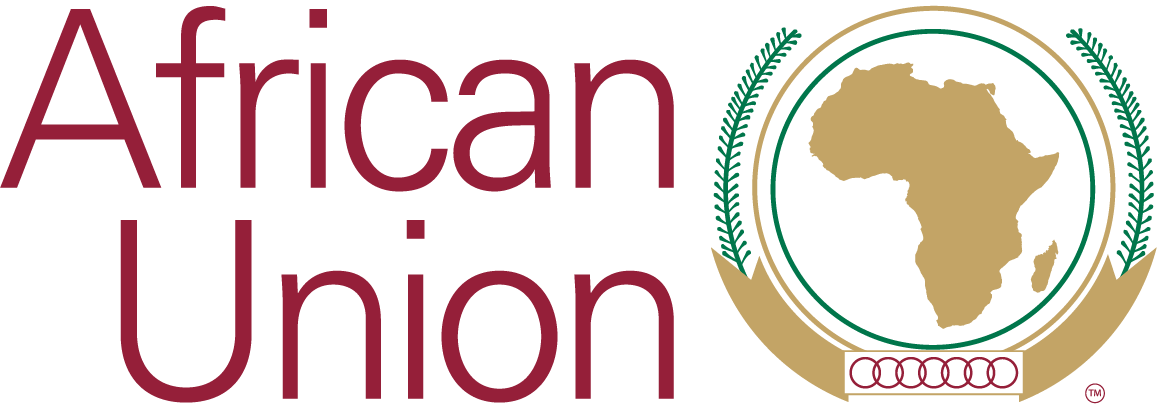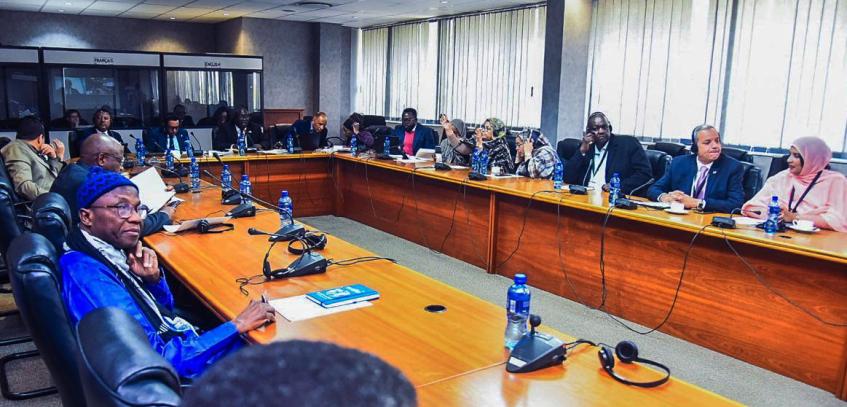Honourable Commissioner Idrissa Sow of the African Commission on Human and Peoples’ Rights (ACHPR) has appealed to lawmakers to champion the adoption of the Draft Protocol on the Abolition of the Death Penalty.
Commissioner Sow made this appeal while addressing the Pan-African Parliament’s Committee on Justice and Human Rights regarding the status of the draft.
Established by the African Charter and inaugurated on 2 November 1987, the ACHPR is charged with protecting human and peoples’ rights and interpreting the African Charter on Human and Peoples’ Rights.
Commissioner Sow explained that the death penalty dates back to pre-colonial times for atrocious offenses and was executed through various methods such as poisoning, decapitation, and burning people alive. In some communities, offenders were ordered to pay heavily.
He highlighted that the African Union had adopted a specific protocol affirming that "the right to life is the foundation of all other rights" and that "the abolition of the death penalty is vital for the effective protection" of this right.
Commissioner Sow also noted that the death penalty has often been used as a means to deter crime and enforce social order. He emphasized that while some countries have enacted abolition laws, others have only placed a moratorium on the death penalty.
He informed the Committee that the draft on death penalty abolition was informed by the 2011 ‘Study on the question of the death penalty in Africa,’ wherein the ACHPR recommended “to the African Union and to State Parties the adoption of a Protocol to the African Charter on Human and Peoples’ Rights on the Abolition of the Death Penalty in Africa under any circumstances [to] fill the gap in the African Charter [...] with stronger emphasis on restorative rather than on retributive justice.” While members had differing opinions on this sensitive issue, they agreed that each country has its own “peculiarities.”
The Commissioner underscored that some countries have made significant progress in eliminating the death penalty, citing Rwanda in 2007, Togo and Burundi in 2009, Guinea in 2016, Burkina Faso in 2018, Sierra Leone, Central African Republic, Equatorial Guinea, and Zambia in 2022.
He also mentioned that in 2019, many African countries supported the United Nations resolution on the execution of the death penalty.
Commissioner Sow noted that in 2023, the death penalty was executed on 1,156 people. When asked about the challenges encountered in abolishing capital punishment, he said such countries often cite religious and cultural practices, which are not easily challenged.
The importance of parliament’s role in human rights participation was emphasized, and it was further underscored that the Pan-African Parliament must be given the legislative powers to pass such laws.
The Commissioner stressed that abolishing the death penalty is necessary to fill the “legal void,” as the Charter does not provide sufficient guidance on the issue.








